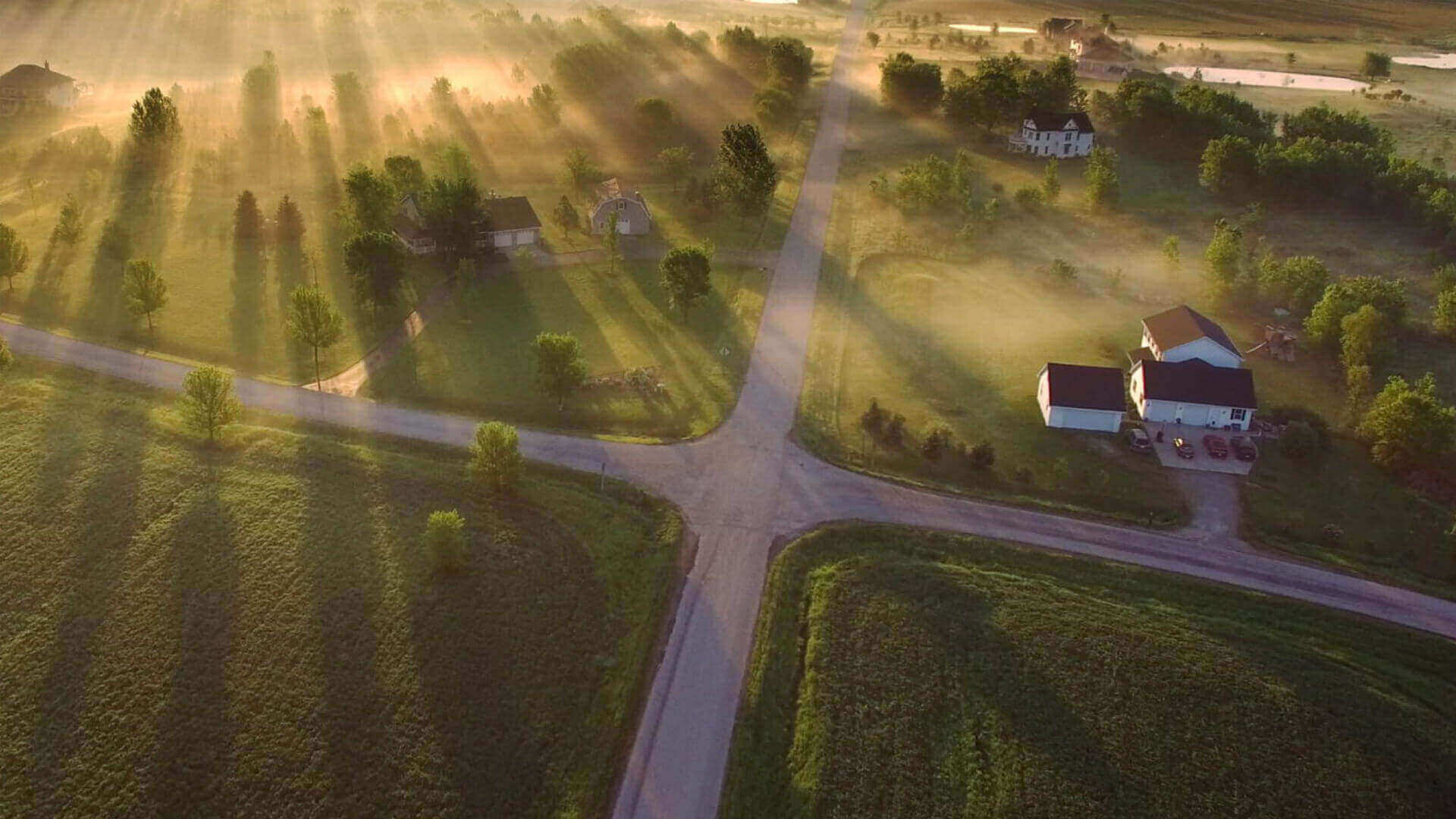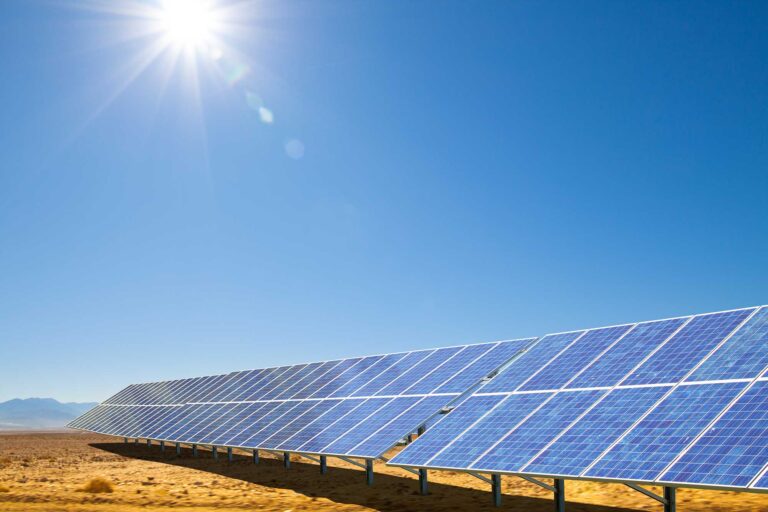Solarcentury connects solar farm for Southill Community Energy

Solarcentury has built and connected Southill Solar solar farm for community energy group Southill Community Energy, on a site on the Cornbury Estate just outside Charlbury, Oxfordshire. The 4.5MWp solar farm is now generating enough solar electricity to meet the annual energy demand of 1,100 homes (1). Consuming solar electricity rather than energy from the grid will save 2,372 tonnes of carbon every year (2).
Solarcentury was selected as the EPC (engineer, procure, construct) for the project, and built the solar farm in just eight weeks. The solar farm will promote biodiversity with a bespoke ecological plan including planting fruit trees, installing hedgerows and sowing wildflower seeds. The site will also be home to two bee hives.
Suzanna Lashford, UK Commercial Sales Director at Solarcentury commented, “It is Solarcentury’s mission to make solar accessible for all, so we are always inspired to work with community energy groups like Southill Community Energy, who work hard to establish solar projects that give local people the opportunity to own part of a clean energy system. Our commitment to these projects is reflected in the two years we spent working with Southill Community Energy on the design of the solar farm, from the early stages, right through planning during which we modified the design of the solar farm in order to further minimise visual impact.”
Tim Crisp, Director, Southill Community Energy commented, “£1.1m was raised of which 80% came from individuals in Oxfordshire demonstrating the enthusiasm that exists for community-owned renewables. We hope that Southill Solar will be a beacon of excellence, demonstrating the positive power of community energy. Communities around the UK are coming together to find ways to deal with the big energy problems we’re facing as a country. We want to take control, establish a safe and sustainable energy supply, lower energy prices and cut emissions to help tackle climate change.”
Southill Solar was supported by local social enterprise Low Carbon Hub, who provided technical assistance as well as financial support for the project.
(1) – based on an average annual household consumption of 4,001 kWh per year from DECCs 2015 publication.
(2) – based on a CO2 grid factor of 0.54748.


